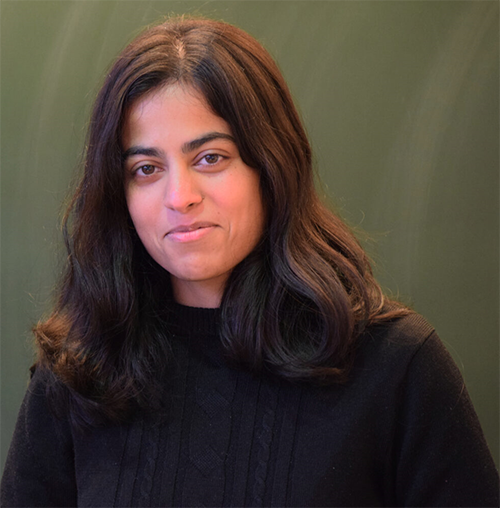Anagha Madhusudanan

Aerodynamics
Name: Anagha Madhusudanan
Title: DST-INSPIRE Faculty Fellow
Email: anagham@iisc.ac.in
Office room number: 142
Google Scholar link: https://scholar.google.com/citations?user=ggtNNO8AAAAJ&hl=en
Education
University of Melbourne February 2016 – June 2020
PhD, Mechanical Engineering
Fields: Fluid mechanics, linearized Navier-Stokes equations
University of Bristol September 2013 – September 2014
MSc Mathematical Sciences
Fields: Fluid mechanics, Dynamical systems theory
University of Delhi July 2010 – April 2013
BSc (H) Physics
Experience
University of Cambridge January 2022-April 2023
INI-Simons Postdoctoral fellow
California Institute of Technology August 2020 – December 2021
Postdoctoral Scholar in Aerospace Engineering
Research Interests
Turbulent flows, reduced order modelling techniques like proper-orthogonal-decomposition (POD) or Dynamic mode decomposition (DMD), Linearized Navier-Stokes equations, Resolvent analysis, Wavelet analysis.
Research Statement
Dr. Madhusudanan’s research centers on the modelling of turbulent fluid flows, with the overarching goal of obtaining reduced-order (i.e. low-rank) models for these dynamic systems. The computational efficiency of such models holds the potential for a range of practical applications. Additionally, the process of obtaining such models involves filtering out crucial flow mechanisms from the overall complexity of the flow. While refining our models, this process also enhances our understanding of the governing flow mechanisms.
In this work, a diverse array of techniques is employed to construct these models, encompassing equation-based techniques such as linear and non-linear modelling, as well as data-driven techniques such as proper orthogonal decomposition, dynamic mode decomposition, wavelet analysis, and more. Recent projects undertaken by Dr. Madhusudanan involve using reduced-order models to understand turbulent flows impacted by different real-world physical mechanisms, including but not limited to rotation, stratification, boundary conditions.
This will be updated soon.
This will be updated soon.


